30 classes - 90 hours - 15000 uah
https://devrepublik.com/intro-to-machine-learning/
Start 17 August
This module starts with an introduction to machine learning: how it is organized, what are the sub branches of machine learning, fundamental differences between these approaches and types of problems they are designed to solve.
Next, students get familiar with framing a machine learning problem, picking up appropriate objective function and algorithm according to a given problem. It is well known that data wrangling and feature engineering takes most of the time of model development. Students learn techniques to effectively deal with missing values, outliers, categorical variables and design new features.
This course also covers algorithms that are used when the target variable which has to be predicted is known. It starts with simple KNN and ends with fully connected feed-forward neural networks. Proper testing of a model is essential to build a reliable product. Students are introduced to various testing methods and parameters that help to build generalizable and stable models.
Curriculum
- Formulating an ML problem
- Feature engineering
- Loss functions
- Generalization and performance estimation
- Hyperparameters optimization
- Model selection
- Linear regression
- Logistic regression
- k Nearest Neighbours
- Tree-based models
- Ensemble methods
- Adaboost
- XGBoost
- Support Vector Machine (SVM)
- Introduction to neural networks
- Recommendation systems
- Collaborative filtering
TOP skill you will learn:
- Mathematical computing using popular Python packages as NumPy or Scikit-Learn
- How to use linear/non-linear models
- How to prepare your data for model building (feature engineering)
- How to train and evaluate the performance of machine learning models
- How to tune the model’s hyperparameters and select models
- Obtain an in-depth understanding of supervised and unsupervised learning models such as linear regression, logistic regression, SVM, clustering and K-NN
- Get understanding about how the magic of neural networks actually works and will be able to write them yourself
- Build reproducible machine learning pipelines
- Experience applying these methods to real-world problems
- Experience of building machine learning model APIs
This is exactly for you if you are:
- a person who already knows Python, SQL, linear algebra, calculus and statistics
- a person looking for a career change
- a graduate from universities looking for a job in Data Science
- a developer with a mathematical mindset who would like to get career growth
- a business owner who would like to utilize data analysis and implement data-driven and AI projects
- a Data Scientist practitioner who wants to systematize the knowledge and to master Deep Learning






















